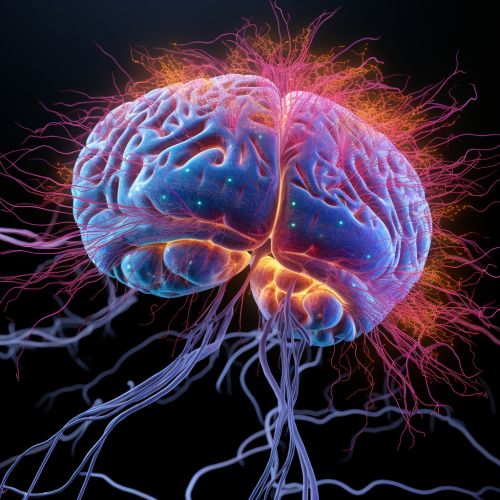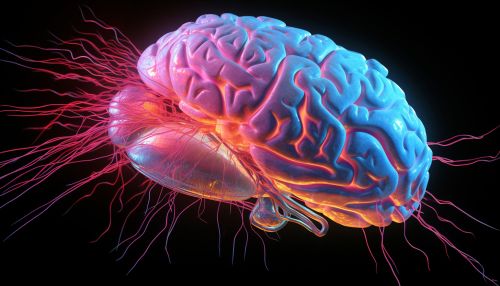Aphasia
Overview
Aphasia is a condition characterized by the loss of ability to understand or express speech, typically resulting from damage to the brain. It is a communication disorder that affects a person's ability to use, process, and comprehend language. It does not affect intelligence, but it can significantly impact a person's ability to communicate effectively.
Causes
Aphasia is most commonly caused by stroke, specifically ischemic stroke, where a blood clot blocks blood flow to the brain. Other causes can include traumatic brain injury, brain tumors, infection, and progressive neurological disorders such as Alzheimer's or Parkinson's.


Types of Aphasia
There are several types of aphasia, each with unique characteristics and symptoms. The most common types include:
- Broca's Aphasia: Also known as expressive aphasia, this type is characterized by difficulty speaking or writing. Individuals with Broca's aphasia often understand language relatively well but struggle to form complete sentences or find the right words.
- Wernicke's Aphasia: Also known as receptive aphasia, individuals with this type have difficulty understanding spoken or written language, but they can often speak fluently, albeit nonsensically.
- Global Aphasia: This is the most severe form of aphasia and is characterized by a near-total inability to understand or use language.
- Anomic Aphasia: This type is characterized by a persistent inability to supply the words for the very things the person wants to talk about, particularly the significant nouns and verbs.
Symptoms
The symptoms of aphasia can vary widely depending on the type and severity of the condition, as well as the specific area of the brain that is damaged. Common symptoms may include difficulty speaking or understanding speech, difficulty reading or writing, and difficulty finding the right words. Some individuals may also experience frustration or depression due to their communication difficulties.
Diagnosis
Diagnosis of aphasia typically involves a comprehensive evaluation by a speech-language pathologist. This may include tests of the individual's ability to speak, understand language, read, and write. Neuroimaging techniques such as MRI or CT scans may also be used to identify the location and extent of brain damage.
Treatment
Treatment for aphasia is typically centered around speech and language therapy. This may involve exercises to improve language skills, strategies for communicating more effectively, and the use of assistive devices or technologies. The specific approach to treatment will depend on the individual's needs, abilities, and goals.
Prognosis
The prognosis for individuals with aphasia varies widely. Some people may experience significant improvement or even complete recovery, particularly if the aphasia was caused by a temporary condition such as a stroke. Others may have persistent language difficulties that require long-term therapy and support.
Impact on Daily Life
Aphasia can have a significant impact on an individual's daily life, affecting their ability to communicate, work, and maintain social relationships. However, with appropriate treatment and support, many individuals with aphasia can lead fulfilling and productive lives.
